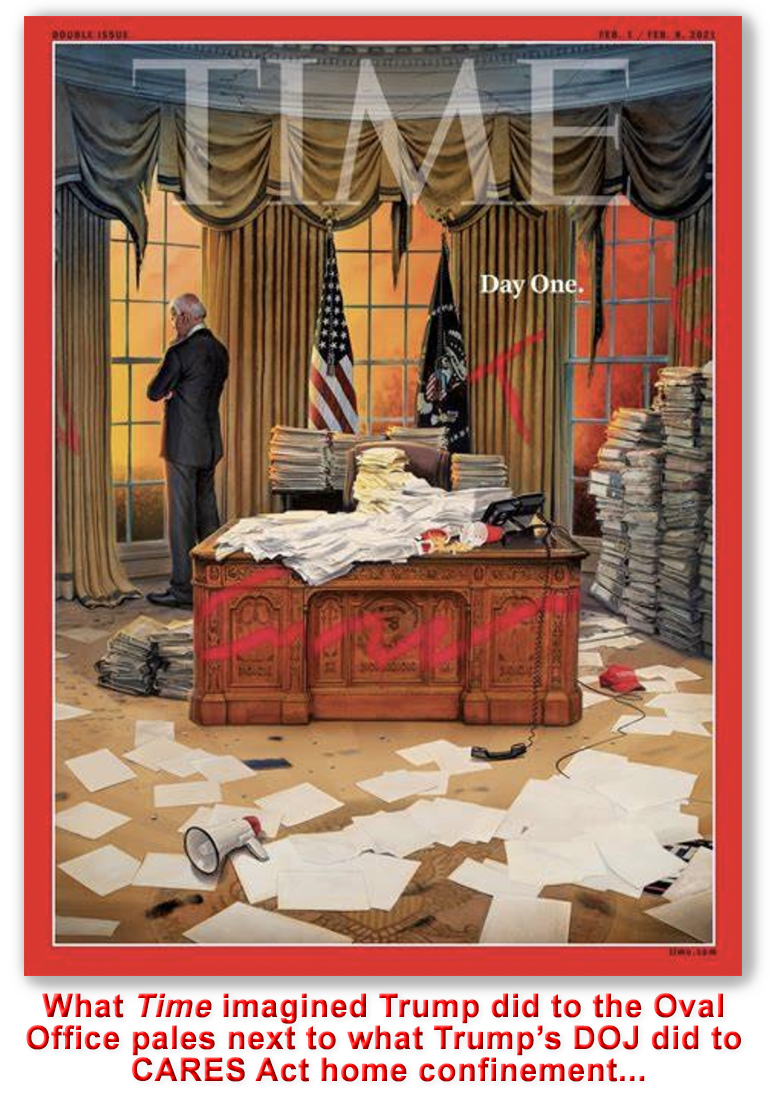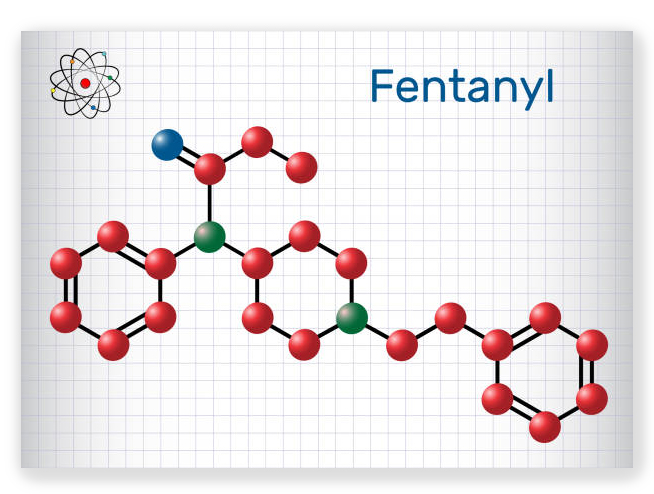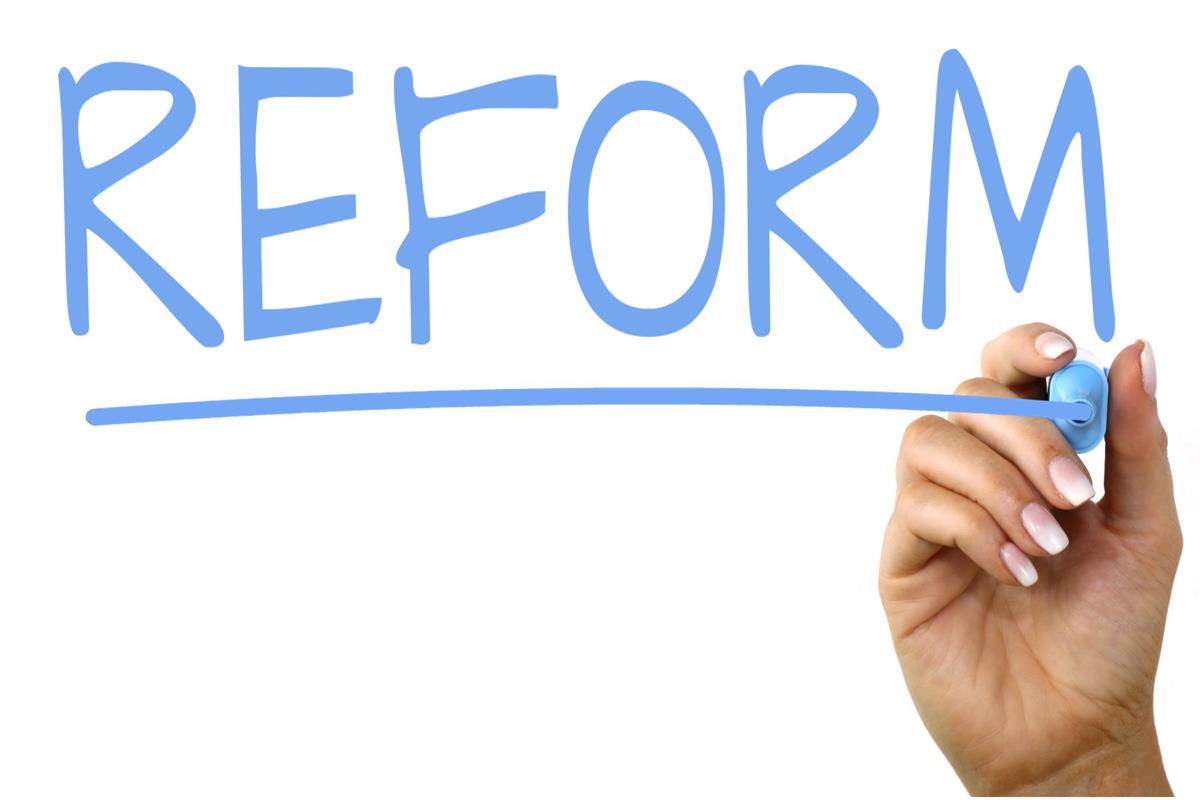We post news and comment on federal criminal justice issues, focused primarily on trial and post-conviction matters, legislative initiatives, and sentencing issues.

A FINAL STEAMING PILE OF LEGAL EXCREMENT AS THE TRUMP ADMINISTRATION LEAVES THE BUILDING
 Under the March 2020 CARES Act, Congress gave the Director of the Federal Bureau of Prisons the authority to send inmates to home confinement at any time, despite the 6-month/10% limitation on home confinement set by 18 USC § 3624(c). The conditions set by the legislation were only two: (1) the national emergency declared because of COVID-19 had to be in effect, and (2) the Attorney General had to determine that COVID-19 was materially affecting BOP operations.
Under the March 2020 CARES Act, Congress gave the Director of the Federal Bureau of Prisons the authority to send inmates to home confinement at any time, despite the 6-month/10% limitation on home confinement set by 18 USC § 3624(c). The conditions set by the legislation were only two: (1) the national emergency declared because of COVID-19 had to be in effect, and (2) the Attorney General had to determine that COVID-19 was materially affecting BOP operations.
Attorney General William Barr concluded in short order that BOP operations were being affected, and that nonviolent inmates with good prison records (and US citizenship and a few other requirements) should be sent to home confinement. The BOP added its own gloss, that the inmate must have completed 50% of his or her sentence (or, for short-timers, 25% of the sentence with 18 months or less to go). By mid-April 2020, the prison-to-parlor pipeline was flowing.
 Since then, the BOP has trumpeted that it has sent over 18,000 inmates to home confinement. It turns out, however, that – like most BOP claims – this one is misleading, if not downright dishonest. The BOP has sent 18,112 people to home confinement in the last 10 months, but 60% of those were eligible for home confinement under 18 U.S.C. § 3624(c)(2) anyway, because they were within their last six months of their sentences (or 10%, if they were sentenced to under five years).
Since then, the BOP has trumpeted that it has sent over 18,000 inmates to home confinement. It turns out, however, that – like most BOP claims – this one is misleading, if not downright dishonest. The BOP has sent 18,112 people to home confinement in the last 10 months, but 60% of those were eligible for home confinement under 18 U.S.C. § 3624(c)(2) anyway, because they were within their last six months of their sentences (or 10%, if they were sentenced to under five years).
But this leaves about 7,245 people who were sent home who could not have been sent if not for the CARES Act. I know at least two sent home with more than 10 years of sentence left to serve. While that’s a long time to spend in a Barcalounger, nevertheless, there is no doubt that an inmate’s worst day on home confinement is better that his or her best day in prison.
There was a kerfuffle last fall, when a DOJ Attorney said in open court, almost as an aside, that once the pandemic ended, all of the federal inmates sent to home confinement would have to come back to prison.
At the time, FAMM president Kevin Ring said that he had communicated his concern that CARES Act inmates might be recalled to the White House. He said the Trump Administration assured him it would never happen.
Back then I said
but White House assertions (remember President Trump’s promised 3,000 clemencies?) have a way of being wrong. The risk of reincarceration seemed real enough that the House of Representatives included a provision in last May’s HEROES Act that no one “granted placement in community supervision, termination of supervision, placement on administrative supervision, or pre-trial release shall be re-incarcerated, placed on supervision or active supervision, or ordered detained pre-trial only as a result of the expiration of the national emergency relating to a communicable disease.
I generally like being right, but not this time…
Although the end of the pandemic appears to be months away (former basketball point guard and rockstar doctor Anthony Fauci said yesterday that “if the country can get over the hurdle of vaccine hesitancy and reach a 70% to 85% uptake, Americans can expect normalcy in the fall”), the Trump Administration was seemingly unable to resist breaking one final promise.
Last week, the DOJ Office of Legal Counsel issued an opinion entitled “Home Confinement of Federal Prisoners After the COVID-19 Emergency,” concluding that
the CARES Act authorizes the Director of BOP to place prisoners in home confinement only during the statute’s covered emergency period and when the Attorney General finds that the emergency conditions are materially affecting BOP’s functioning. Should that period end, or should the Attorney General revoke the finding, the Bureau would be required to recall the prisoners to correctional facilities unless they are otherwise eligible for home confinement under 18 U.S.C. § 3624(c)(2). We also conclude that the general imprisonment authorities of 18 U.S.C. § 3621(a) and (b) do not supplement the CARES Act authority to authorize home confinement under the Act beyond the limits of section 3624(c)(2).
 Ohio State University law professor Doug Berman said yesterday in his Sentencing Law and Policy blog that “this opinion is certain contestable, the new Biden Justice Department could reconsider it and a court might reject it, and we are surely a long ways from reaching a post-pandemic world.” Kevin Ring denounced the opinion as “one last kick in the groin from the Trump Justice Department,” calling it “is a poorly reasoned piece of cruelty that could make families worry unnecessarily.”
Ohio State University law professor Doug Berman said yesterday in his Sentencing Law and Policy blog that “this opinion is certain contestable, the new Biden Justice Department could reconsider it and a court might reject it, and we are surely a long ways from reaching a post-pandemic world.” Kevin Ring denounced the opinion as “one last kick in the groin from the Trump Justice Department,” calling it “is a poorly reasoned piece of cruelty that could make families worry unnecessarily.”
I consider it very unlikely that Biden’s new Attorney General, Merrick Garland, is going to rescind Barr’s finding “that the emergency conditions are materially affecting BOP’s functioning” any time soon. Although the pandemic emergency declaration expires in March, I suspect Joe is more likely to invite Donald Trump over to the White House for a drink than he is to end the emergency. There’s plenty of precedent. At the time the COVID emergency was declared, 60 national emergencies had been declared since the National Emergencies Act was enacted 45 years ago, and 31 of them (including the emergency are still in effect, having been renewed repeatedly. I figure the pandemic emergency to last for another nine months at least.
As I noted above, the House HEROES Act last May sought to plug the CARES Act hole that left home confinees in a non-permanent status. HEROES died a lonely death on January 2nd, but the new 117th Congress can fix the home confinement problem simply enough. Even if Congress does not, the President could grant conditional clemency or district courts could grant compassionate release to keep these folks on home confinement.
Even if it doesn’t, the Biden DOJ can walk back the OLC opinion (and the reasoning is shaky enough that there is plenty of room for reinterpretation) without much difficulty.
 There is scant policy justification for returning people on home confinement to prison, unless sheer meanness is now an Administration goal. (Sheer meanness is a criterion more at home in the last Administration, the one that issued the OLC opinion, than with the new people in charge). The BOP has first determined that inmates it proposes sending to home confinement pose little risk to public safety but high risk of COVID, meaning that the CARES Act cohort includes a lot of older and sicker folk. They’re the ones, unsurprisingly who cost the BOP the most to care for. And the lower BOP prisoner population (a drop of 12.5% in a year) has eased the burden the BOP faces from staff shortages. Because the BOP has always had the discretion to return these persons to prison for misconduct, there’s no compelling public safety or cost justification for sending everyone back to prison after the pandemic is over.
There is scant policy justification for returning people on home confinement to prison, unless sheer meanness is now an Administration goal. (Sheer meanness is a criterion more at home in the last Administration, the one that issued the OLC opinion, than with the new people in charge). The BOP has first determined that inmates it proposes sending to home confinement pose little risk to public safety but high risk of COVID, meaning that the CARES Act cohort includes a lot of older and sicker folk. They’re the ones, unsurprisingly who cost the BOP the most to care for. And the lower BOP prisoner population (a drop of 12.5% in a year) has eased the burden the BOP faces from staff shortages. Because the BOP has always had the discretion to return these persons to prison for misconduct, there’s no compelling public safety or cost justification for sending everyone back to prison after the pandemic is over.
In fact, there was probably no compelling need for the outgoing Administration to drop this opinion on the way out the door, unless of course the Trump appointees wanted to create as much legal vandalism for the Biden DOJ to clean up as possible.
Dept. of Justice, Memorandum Opinion for the General Counsel of the Federal Bureau of Prisons (January 15, 2021)
Sentencing Law and Policy, Notable OLC opinion on “Home Confinement of Federal Prisoners After the COVID-19 Emergency” (January 21, 2021)
Forbes, Department Of Justice Lays Plans For Federal Inmates On Home Confinement To Return To Prison (January 21, 2021)
– Thomas L. Root


 Kara Gotsch of The Sentencing Project told NPR last week, “The lip service is good, but we need more, more action.” And Kevin Ring, president of FAMM, said while he is guardedly optimistic that the White House is trying to lay the groundwork for more foundational change. “But there‘s also some skepticism that he was going to have to tear down the house that he built in some ways through the sentencing laws and prison policies he not only sponsored but bragged about,” Ring said.
Kara Gotsch of The Sentencing Project told NPR last week, “The lip service is good, but we need more, more action.” And Kevin Ring, president of FAMM, said while he is guardedly optimistic that the White House is trying to lay the groundwork for more foundational change. “But there‘s also some skepticism that he was going to have to tear down the house that he built in some ways through the sentencing laws and prison policies he not only sponsored but bragged about,” Ring said. Whether the listening ripens into a criminal justice reform proposal is anyone’s guess, but with Biden focused on his infrastructure proposal, some suspect reform is not a top Biden priority. USA Today last weekend suggested actions speak louder than platitudes. The paper blasted DOJ’s intransigence in opposing virtually every compassionate release motion filed:
Whether the listening ripens into a criminal justice reform proposal is anyone’s guess, but with Biden focused on his infrastructure proposal, some suspect reform is not a top Biden priority. USA Today last weekend suggested actions speak louder than platitudes. The paper blasted DOJ’s intransigence in opposing virtually every compassionate release motion filed:






















